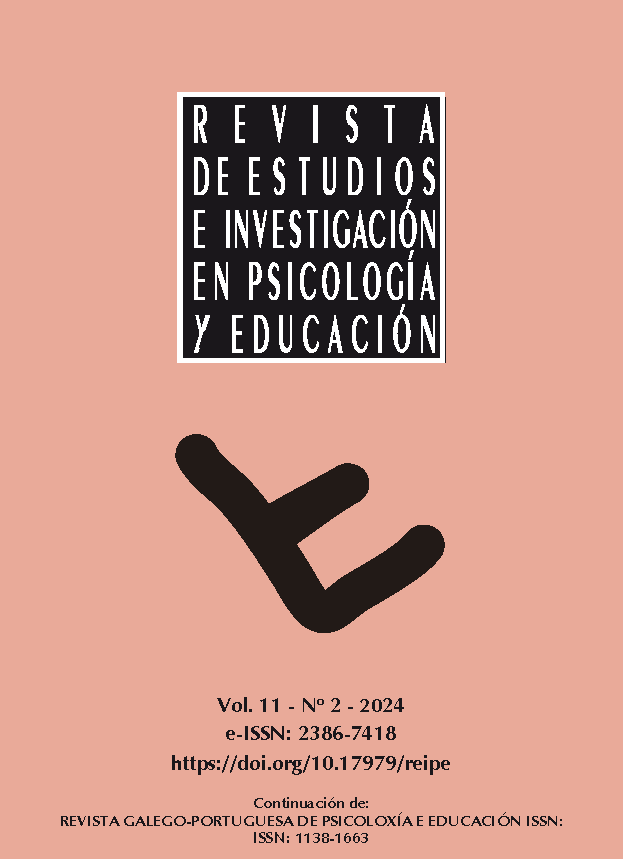Percepciones de los adultos tras la atención residencial: factores facilitadores e inhibidores
##plugins.themes.bootstrap3.article.main##
Resumen
Este estudio explora las percepciones de adultos, que anteriormente había estado en acogimiento residencial en Portugal, sobre los desafíos que perciben tras dejar esta situación. Los objetivos fueron: comprender los sentimientos experimentados al dejar la institución; inferir los factores facilitadores e inhibidores de la transición post-institucionalización; y esbozar propuestas para mejorar el apoyo a esta transición. Se realizaron entrevistas semiestructuradas a 18 adultos de entre 24 y 39 años. Se identificaron categorías de primer y segundo orden dentro de tres ejes temáticos. La salida del acogimiento familiar se recordaba esencialmente con sentimientos negativos. Los factores facilitadores fueron el compromiso con la formación académica, la existencia de apoyo social, el inicio o mantenimiento de un trabajo y la transición a pisos autónomos. Entre los factores inhibidores figuraban las escasas habilidades funcionales, las dificultades económicas, el escaso conocimiento de la realidad, la falta de apoyo formal en la transición posterior a la institucionalización y el estigma social. Diversos factores personales y contextuales influyeron en la transición, destacando la necesidad de un apoyo cualificado y el compromiso de promover la autonomía funcional y la autoconfianza de los jóvenes.
Descargas
##plugins.themes.bootstrap3.article.details##

Esta obra está bajo una licencia internacional Creative Commons Atribución-CompartirIgual 4.0.
Los trabajos publicados en esta revista están bajo una licencia Creative Commons Reconocimiento-CompartirIgual 4.0 Internacional.
Los/as autores/as son los titulares de los derechos de explotación (copyright) de su trabajo, pero ceden el derecho de la primera publicación a la Revista de Estudios e Investigación en Psicología y Educación, la cual podrá publicar en cualquier lengua y soporte, divulgar y distribuir su contenido total o parcial por todos los medios tecnológicamente disponibles y a través de repositorios.
Se permite y anima a los/as autores/as a difundir los artículos aceptados para su publicación en los sitios web personales o institucionales, antes y después de su publicación, siempre que se indique claramente que el trabajo está en esta revista y se proporcionen los datos bibliográficos completos junto con el acceso al documento, preferiblemente mediante el DOI (en caso de que sea imprescindible utilizar un pdf, debe emplearse la versión final maquetada por la Revista). En el caso de artículos que provengan de estudios o proyectos financiados, esto se hará en los plazos y términos establecidos por la entidad o entidades financiadoras de la investigación publicada.



